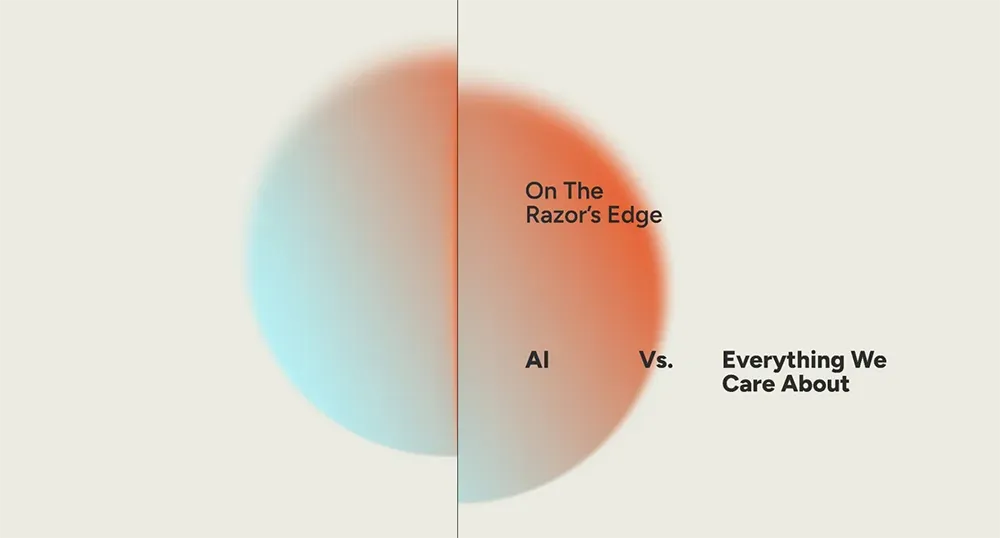Heartbeats and AI: Saving Lives with a Digital Pulse

While sceptics fear the rise of AI, can we really afford to ignore technology that slashes death rates dramatically?
In a groundbreaking clinical trial involving nearly 16,000 patients across two hospitals, an AI system trained to interpret electrocardiograms demonstrated a remarkable capacity to save lives by identifying patients at high risk of mortality. This AI, a product of a collaboration between NeuCyber NeuroTech and the Chinese Institute for Brain Research, managed to reduce overall deaths by an astonishing 31%. By analyzing the heart's electrical activity, the AI assigns a risk percentile to each patient, flagging those in critical conditions—specifically, those in the top 5% of risk.
The trial showcased how the AI alerts medical staff in real-time, allowing for immediate intervention, which is crucial in preventing potentially fatal outcomes. Typically, these interventions include additional diagnostic tests and tailored treatments that specifically address the underlying risks identified by the AI. Such precision and timeliness in medical response are seldom achieved with conventional monitoring methods, which rely on less immediate data and often fail to capture the urgency until visible symptoms deteriorate.
The importance of this technology extends beyond just the impressive statistics; it represents a paradigm shift in how patient care is administered in hospitals. Traditionally, patient monitoring systems wait for anomalies in vital signs to reach thresholds that indicate overt danger before alerting medical staff. This AI’s proactive approach, however, ensures that high-risk patients receive attention before their condition becomes visibly critical, embodying a more preventative form of healthcare.
The AI system’s ability to integrate seamlessly with existing hospital technologies without necessitating new infrastructure makes it an economically viable option as well. Its deployment across 14 military hospitals in Taiwan is a testament to its scalability and effectiveness, suggesting a model that could potentially be adopted worldwide without the need for substantial investment in new hardware.
The broader implications of such technology raise significant ethical and operational questions. As AI continues to change healthcare, the balance between human decision-making and algorithmic recommendations becomes a critical point of discussion. The AI's capacity to analyze and predict patient outcomes based on complex data interpretations challenges the traditional roles within medical practice, pushing the boundaries of what it means to provide care.
As we stand on the brink of this technological revolution in healthcare, we must consider whether the adoption of such AI systems could become the new standard of care. Given its proven efficacy, the reluctance to integrate such technology speaks more about our hesitance towards change than about the capabilities of AI itself. How will we navigate the ethical landscapes reshaped by such innovations, and are we ready to accept AI as a partner in saving lives?
Read the full article on Nature.
----
💡 We're entering a world where intelligence is synthetic, reality is augmented, and the rules are being rewritten in front of our eyes.
Staying up-to-date in a fast-changing world is vital. That is why I have launched Futurwise; a personalized AI platform that transforms information chaos into strategic clarity. With one click, users can bookmark and summarize any article, report, or video in seconds, tailored to their tone, interests, and language. Visit Futurwise.com to get started for free!






